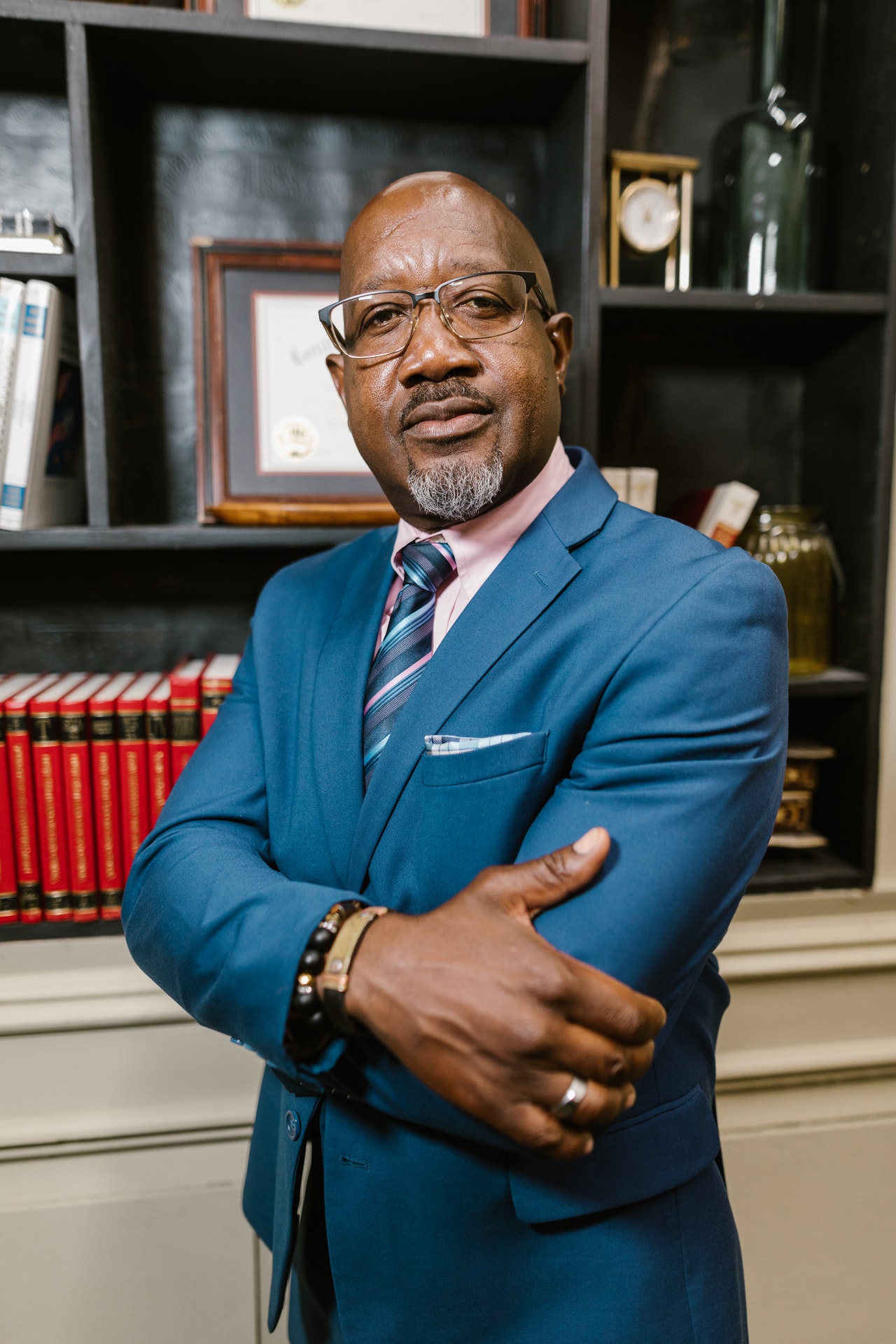Features
Frederick Nkobowo: Let’s Talk About The Law of Defamation

Today, we’ll discuss what I believe everyone should know about: the law on defamation. Defamation is any unjustified expression (spoken or written) which destroys the reputation of a person in the eyes of right-thinking members of society. I should also mention that for a man who has no good reputation, there is nothing the law can do to protect him.
The law protects every man’s right to his good name or reputation. At the same time, the law gives every man the freedom to express himself. But both rights are not absolute (that is without any form of limitations).
This is where the law on defamation comes in. While the law is ideally aimed at not stopping free speech, no one should use free speech as an excuse to ruin the good reputation of another person without any basis whatsoever. This is exactly what the law on defamation aims at curbing.
The law on defamation helps you protect your good name from the unfounded negative imputation of others so that your estimation is not reduced in the eyes of right-thinking members of society. In its civil form, defamation seeks to protect a man from the untainted smearing of his reputation and good name. It is therefore a wrongful act in the eyes of the law for a man to directly impress in the mind of another person a matter that is not only untrue to injure the reputation of a third party. The successful institution of a suit for the tort of civil defamation may attract the award of damages in favour of the person wronged.
Libel VS Slander
Libel is written or visual defamation, while slander is spoken or oral. In more elaborate terms, slander is an unjustifiable statement made in a non-permanent form, such as by speech or gestures. If you believe that you have been slandered, you will be required to prove that the harmful statement has caused some loss to you. This loss could be financial or moral.
Libel is an unjustifiable statement made in a permanent or written form, such as books, newspapers, letters, paintings, photographs, film, radio or television broadcast. In a lawsuit for libel, you don’t have to prove that you suffered any loss.
When it comes to the law on defamation, there are a few things you need to keep in mind:
- The defamatory words or expressions must be based on untruth or falsity. This is because the truth is a complete defence to defamation. So, if someone says something you consider could reduce your estimation before others, you have no remedy at law if it is true.
- It is necessary to know that defamation is also a crime. Section 373 of the Criminal Code; Section 24 of the Cybercrimes Act 2015, Sections 391 to 395 of the Penal Code for northern states and the FCT Abuja.
- Not every vulgar or offensive word amounts to defamation. For example, uncouth words said during a heated argument or quarrel are generally not considered to amount to defamation.
- Companies can also be defamed in Nigeria. Therefore, a company can sue a blogger, individual or other entity it believes has unjustly disparaged its business, the management of its business, or unjustly stated that the affairs of the company are conducted in a dishonest manner.
- Where a person successfully sues another for defamation, he or she may be awarded monetary compensation by the court.
As usual, remember that nothing I have said here amounts to legal advice and, when necessary, seek legal counsel from a lawyer of your choice.
***
Featured Image: Pexels






















